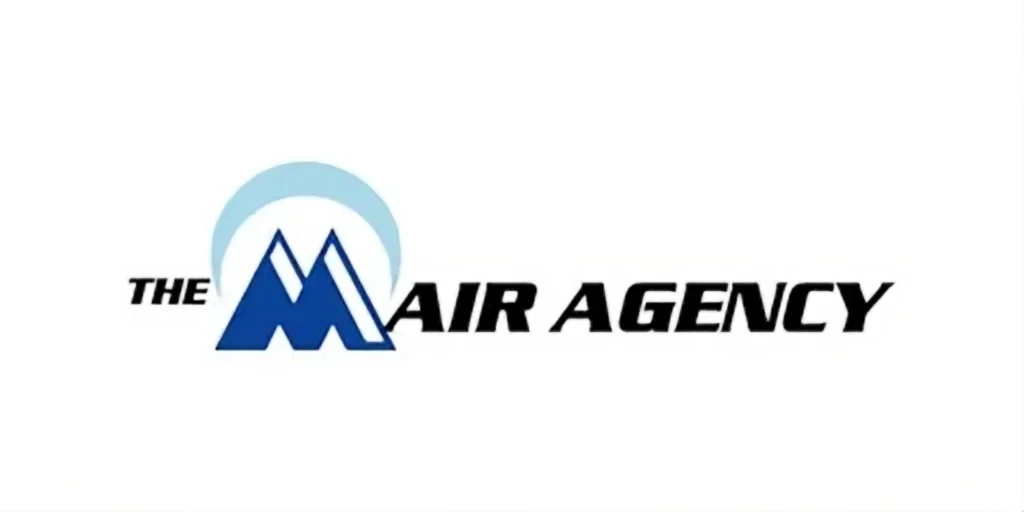Sleep apnea can significantly impact your quality of life, disrupting your sleep and increasing health risks. For many individuals with sleep apnea, oral appliances are a preferred alternative to CPAP machines. But, a key question arises: does Medicare cover this treatment? This blog will break down everything you need to know about Medicare coverage for sleep apnea oral appliances, how to obtain one, and why The Mair Agency is a trusted resource to simplify your Medicare needs.

Learn More About Coverage With Our Free Medicare Course
What Is Sleep Apnea and How Are Oral Appliances Used?
Sleep apnea is a condition where breathing repeatedly stops and starts during sleep. The two primary types include:
- 1.Central Sleep Apnea: The brain doesn’t send proper signals to muscles that control breathing.
- 2. Obstructive Sleep Apnea (OSA): Caused by a physical blockage of the airway.
A common treatment for sleep apnea is an oral appliance, a custom-fitted device that repositions the jaw and tongue to maintain an open airway during sleep. These devices are particularly effective for those with mild to moderate sleep apnea and those who find CPAP therapy difficult or uncomfortable.
What is an Oral Appliance for Sleep Apnea?
Oral appliances are devices worn in the mouth to treat sleep apnea. They work by repositioning the lower jaw and tongue to keep the airway open during sleep. These appliances are custom-fitted by a dentist or orthodontist and are a popular alternative to CPAP therapy for mild to moderate obstructive sleep apnea .
Does Medicare Cover Oral Appliances for Sleep Apnea?
The short answer is yes—with conditions. Medicare doesn’t cover general dental appliances, but it may cover mandibular advancement devices (MADs) if certain criteria are met. These appliances must be FDA-approved, medically necessary, and provided by a Medicare-approved supplier.
Criteria for Medicare Coverage:
- Medically Necessary: A device must be prescribed as part of a sleep apnea treatment plan.
- FDA Approval: The oral appliance must have FDA approval specifically for sleep apnea treatment.
- CPAP Intolerance: Coverage is more likely if you can demonstrate that you cannot tolerate CPAP therapy.
- Proper Documentation: A documented sleep study and medical diagnosis of sleep apnea are required.
Patients who meet these criteria must also work with healthcare providers who accept Medicare, ensuring coverage eligibility.
What About Costs?
The total cost of an oral appliance typically ranges from $1,800 to $2,000. While Medicare can help reduce this cost, patients remain responsible for deductibles, copayments, or any uncovered portion. If you’re enrolled in Medicare Advantage, additional benefits may help cover these expenses (more on that later!).
How Do You Get an Oral Appliance for Sleep Apnea?

Securing an oral appliance for sleep apnea involves several steps, often requiring coordination between medical and dental professionals. Here’s what the process typically looks like:
- Sleep Study: A sleep test conducted by a specialist to diagnose and determine the severity of sleep apnea.
- Treatment Recommendation: Based on the sleep study, a doctor may prescribe an oral appliance.
- Provider Selection: Visit a qualified dentist or orthodontist experienced in creating custom sleep apnea devices.
- Custom Fitting: The provider will take impressions of your teeth to create a tailored device.
- Follow-Up Appointments: Regular visits to ensure proper fit and effectiveness.
For those on Medicare, make sure you choose suppliers and providers who accept Medicare to maximize your coverage.
Advantages of Oral Appliances
Oral appliances offer several benefits over traditional CPAP therapy, including:
- Comfort: Many patients find oral appliances more comfortable and easier to wear than CPAP masks.
- Portability: Oral appliances are small and easy to transport, making them convenient for travel.
- Compliance: Patients are often more likely to consistently use oral appliances due to their comfort and ease of use .
Considerations and Potential Drawbacks
While oral appliances have many advantages, there are also potential drawbacks to consider:
- Effectiveness: Oral appliances are generally less effective than CPAP for severe obstructive sleep apnea. They are best suited for mild to moderate cases.
- Jaw Discomfort: Some patients experience jaw discomfort or changes in bite over time.
- Maintenance: Regular cleaning and maintenance are necessary to ensure the appliance remains effective and hygienic .
Consult with Healthcare Providers

For individuals considering oral appliance therapy, it’s essential to consult with healthcare providers to determine the best treatment plan. A sleep specialist can help diagnose the condition and recommend suitable treatment options, while a qualified dentist or orthodontist can provide expertise in fitting and maintaining the oral appliance .
Medicare Advantage Plans and Sleep Apnea Coverage
Medicare Advantage plans (also known as Part C) can offer additional benefits for sleep apnea treatment, including expanded coverage for oral appliances or sleep studies. These plans, provided by private insurers like the trusted Blue Cross Blue Shield of North Carolina (BCBSNC), bundle Parts A and B while often including perks such as dental and vision care.
Benefits of Medicare Advantage:
- Broader Coverage: Many plans include extra benefits not offered by Original Medicare.
- Vision/Dental Add-Ons: Enhanced options may help cover oral appliance costs.
- Prescription Drug Plans: These plans often include Part D, helping with medication-related expenses.
Annual enrollment for Medicare Advantage runs from October 15 to December 7. If you’re considering switching to Medicare Advantage for better sleep apnea coverage, The Mair Agency can assist you through the process.
Why Choose The Mair Agency to Navigate Medicare?
With over 30 years of experience, The Mair Agency specializes in helping North Carolina residents understand and enroll in Medicare plans. Here’s how they make the process easier:
- Expert Guidance: Whether you’re new to Medicare or need help understanding sleep apnea coverage, their team breaks it all down for you.
- Personalized Attention: They work closely with you to find plans tailored to your healthcare needs, including those that prioritize sleep apnea solutions.
- Blue Cross NC Partner: The Mair Agency is an authorized partner with Blue Cross Blue Shield of North Carolina, a leader in Medicare Advantage options.
- Free Medicare Resources: The agency offers a free video course to introduce Medicare basics or answer your toughest questions.
Is an Oral Appliance Right for You?
Oral appliances present an effective solution for many patients, particularly those with mild to moderate sleep apnea. These devices are user-friendly, portable, and comfortable, making them a good alternative to CPAP therapy. However, they may not be as effective for severe cases. Consulting with your sleep specialist will help you determine the best course of treatment.

Final Thoughts
Understanding Medicare’s coverage for oral appliances doesn’t have to be confusing. With proper guidance, patients can access this life-changing treatment while minimizing out-of-pocket costs. Whether you’re exploring Medicare Advantage options or need help navigating Medicare’s requirements, The Mair Agency is here to support you.
If you’re ready to take the next steps, contact The Mair Agency today or check out their Medicare Advantage plans for comprehensive coverage that meets all your sleep apnea treatment needs. A restful night’s sleep is only one step away!
Learn More About Coverage With Our Free Medicare Course




